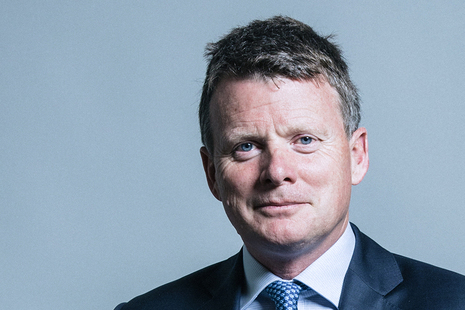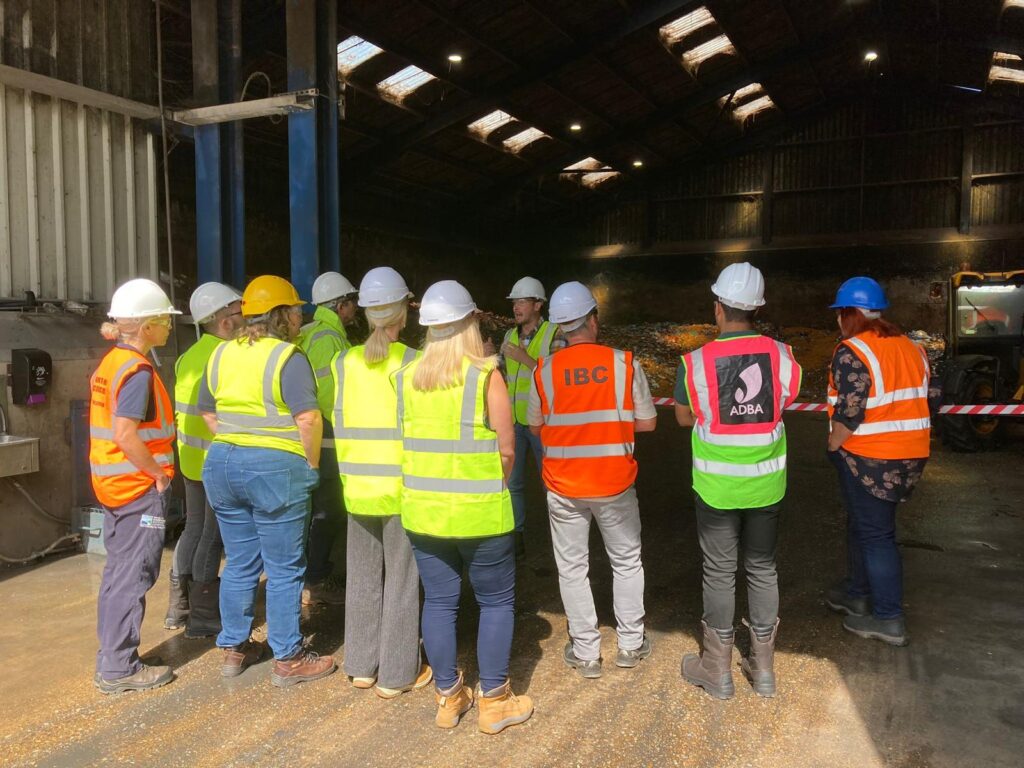Lord Benyon made the claim when answering a written question last week (3 February). The question was posed by Lord Taylor of Warwick, who asked what steps were being taken to reduce any adverse effects of food waste on climate change.
Alongside cutting emissions, separate food waste collections would also help achieve zero waste to landfill, Lord Benyon outlined in his answer.
He said the government was “bringing forward £295 million of capital funding which will allow local authorities in England to prepare to implement free weekly separate food waste collections for all households”.
“The Environment Act 2021 will enable us to require local authorities to collect food waste weekly, which would divert it from landfill and reduce emissions,” he added.
This step was also outlined amongst the commitments listed in the government’s ‘environmental improvement plan’, published last week (see letsrecycle.com story).
Local authorities
Lord Benyon said the government had been engaging with local authorities as it develops how to allocate them funding.
“We are currently drafting the government response to our recent consultation on consistency in recycling, where we plan to confirm the commencement dates for separate food waste collections to be included in regulations,” he said.
The government’s response to the consultation, which was held in 2021, has been long-awaited. It is the last of the three consultation responses on the waste reforms in the Resources and Waste Strategy (RWS) to be published.
Bringing in a global perspective, Lord Benyon concluded: “We are fully committed to meeting the UN Sustainable Development Goal 12.3 target, which seeks to halve global food waste at consumer and retail levels by 2030 and avoid the greenhouse gas production emissions associated with food that becomes waste.”












Subscribe for free